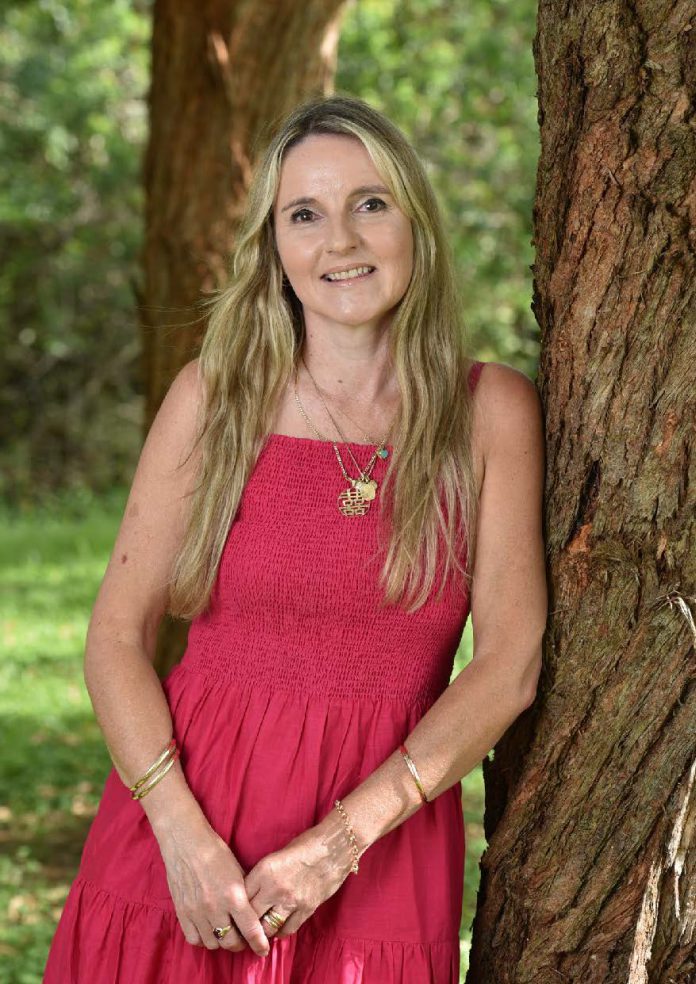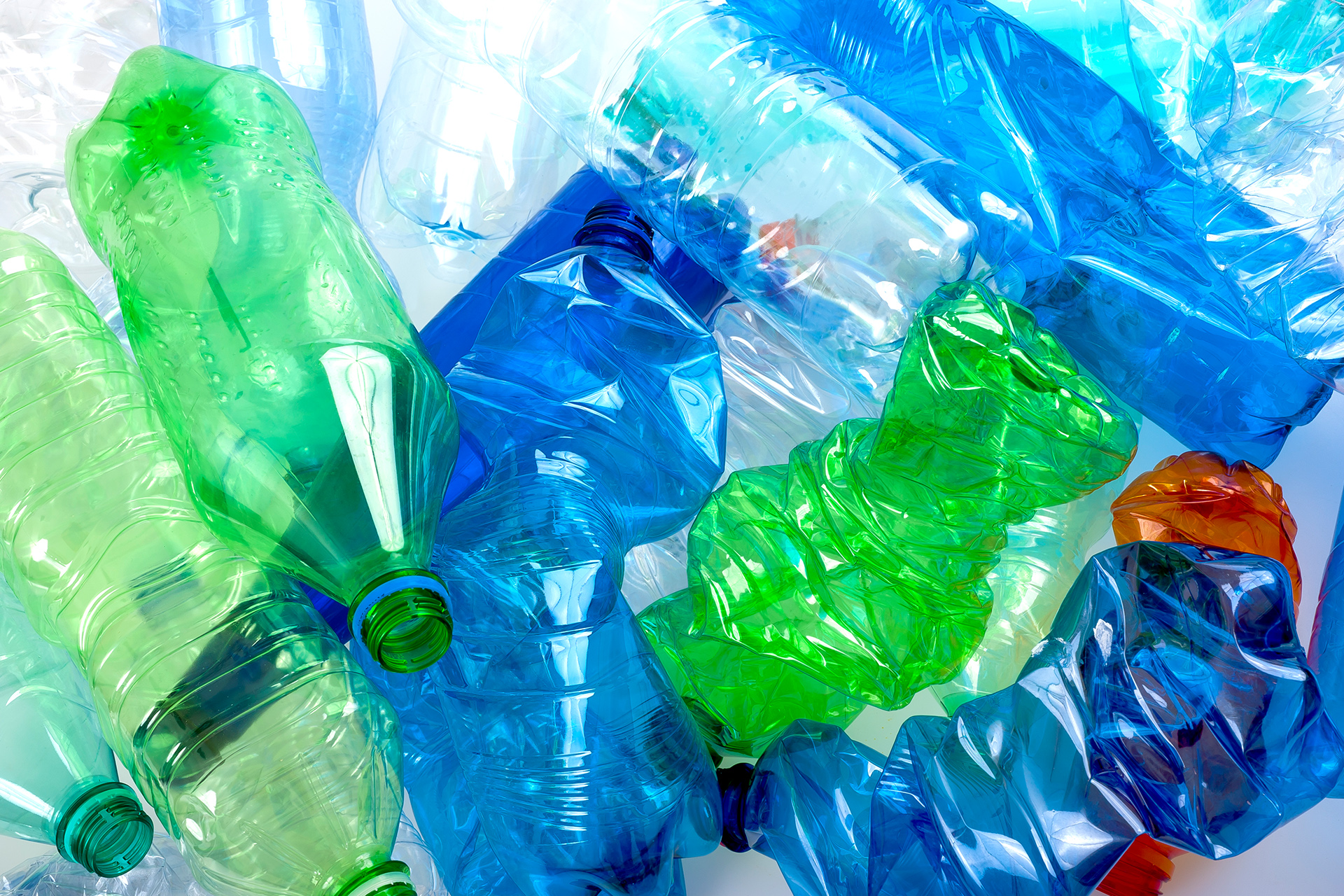
How does a person who started out as a Japanese linguistic specialist become the globally recognised leader of Australasia’s peak professional body for packaging training and education and the Vice President for Sustainability for the World Packaging Organisation?
According to Nerida Kelton, the AIP’s current Executive Director, it all started with a knock on the door.
“As well as a Japanese Degree, I also have Degrees in public relations and communications,” she explains. “After I graduated from my last Degree, I took a job at a leading flexographic labelling business as their national PR manager to help re-brand their company.”
Kelton still had one eye on a communications career in Japan when she met the then-president of the AIP, George Ganzenumuller.
“One day, he knocked on my office door and introduced himself, and we got along really well and I was intrigued to find out more about the AIP,” she says.
“In the PR role at the labelling company I found myself learning about something completely new and label applications, lasers, ink jet and labelling were fascinating to me.” Kelton began volunteering for the AIP shortly after that, helping the organisation with its PR, media and conferences.
Fast forward 24 years and Kelton holds the AIP’s top job, as well as a position with the World Packaging Organisation (WPO) as its Vice-President of Sustainability and Save Food.
Although the AIP represents all business who design or manufacture or use packaging across multiple sectors and categories, Kelton says one of the most fulfilling elements of her role is assisting members to better understand the role that packaging plays in minimising food waste and sustainable packaging.
“Since the Australian Government established the National Food Waste Strategy, there has been considerable movement in raising the profile of how much food is wasted in this country,” she notes.
The strategy, which aims to halve food waste that goes to landfill in Australia by 2030, was announced shortly after the government formally established the National Packaging Targets of 100% reusable, recyclable or compostable packaging throughout Australia by 2025.
Combined, these government targets are driving significant innovation in Australia’s food-packaging sector, although much of the work remains under-reported.
“From the 2025 National Packaging Target perspective, the industry is working really hard to eliminate single use problematic materials, move towards mon materials wherever possible, lightweight and make sure that the packaging is recyclable and recoverable in the country in which it is sold. It is about making the packaging more circular by design at the start,” Kelton says.
“And on the food-waste side, it is really important to raise the profile of the role that packaging plays in minimising food waste including resealable and reclosable innovations, options that extend shelf life and improve barrier, improved on-pack and off-pack communication, portion control and packaging that ultimately protects, preserves, contains and transports products all the way along the supply chain.”
Many of these innovative and intuitive packaging solutions are recognised through the AIP’s annual Australasian Packaging Innovation & Design Awards (PIDA’s), which are the exclusive feeder program for Australia and New Zealand into the WPO’s prestigious WorldStar Packaging Awards.
Kelton says the AIP continues to advocate passionately for packaging innovations that minimise food waste and have a lower environmental impact, pointing out that Australia wastes 298kg of food per capita each year.
“The public is often not aware that the environmental impacts of food waste far outweigh the impacts of packaging waste,” she adds. “We have a responsibility to be discussing this openly and loudly and ensuring that consumers understand that packaging plays such an integral role in protecting and preserving food.”
Although she is happily settled in Queensland, Kelton travels regularly for work – COVID-19 permitting – and always extends her trip when she is called to Japan. She has met some of her closest friends while in the country.
“Japanese people have an embedded understanding of the importance of recycling: they have eight or nine different materials that they separate for collection and it is impressive to watch my friends separate their waste and recycling in their apartments. We could really learn from Japan in how to undertake successful consumer education for recycling. It is also embedded in the schools from a very young age and you will very rarely see litter on the streets in Japan,” she says.
“It’s fascinating, because elaborate packaging and presentation is embedded in Japanese culture and premium gift-giving, and yet the country has started to work really hard to balance that by being more sustainable and socially responsible.”
She may not have ended up working in Japan, but in a funny way, Kelton’s current role has brought her full circle.









